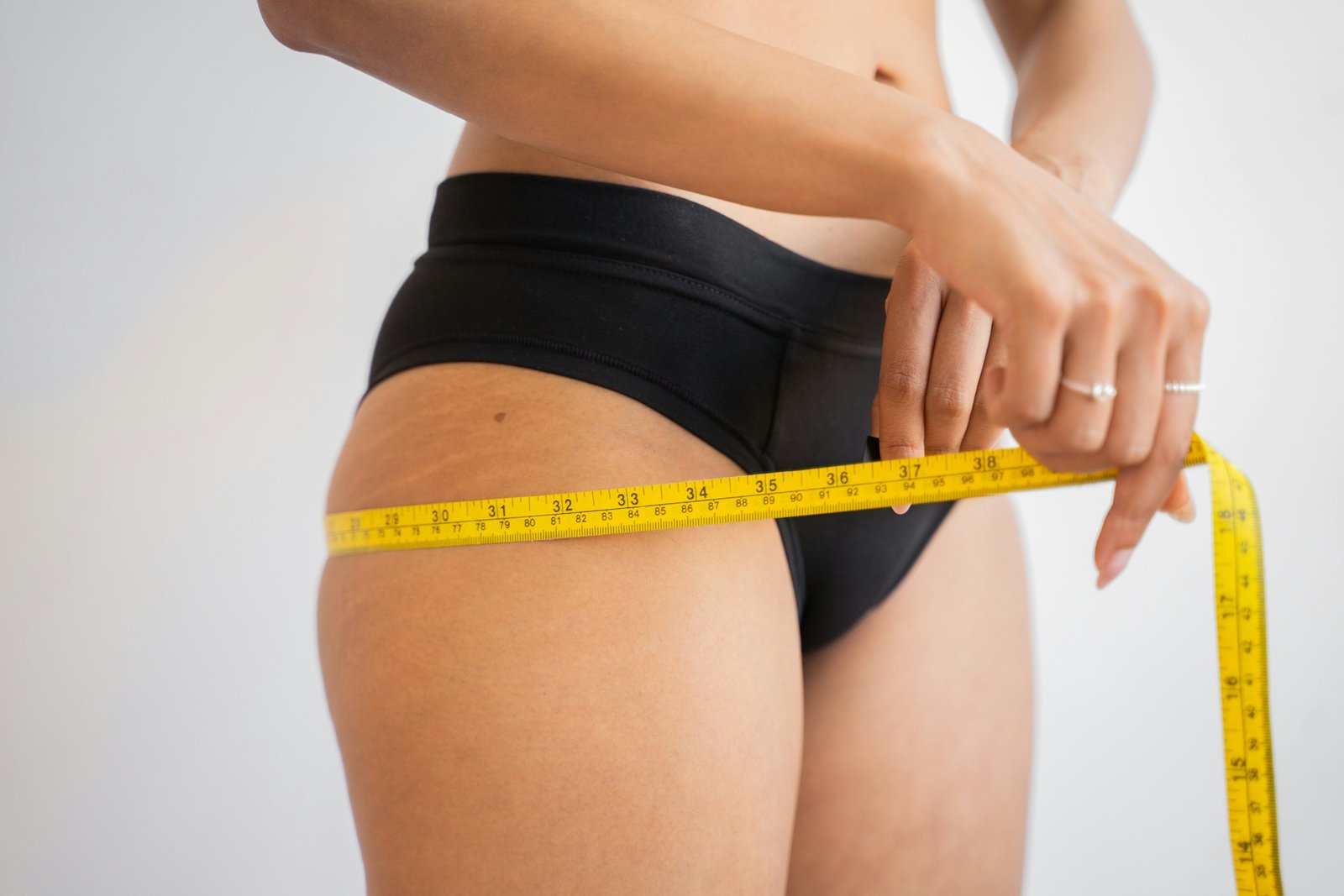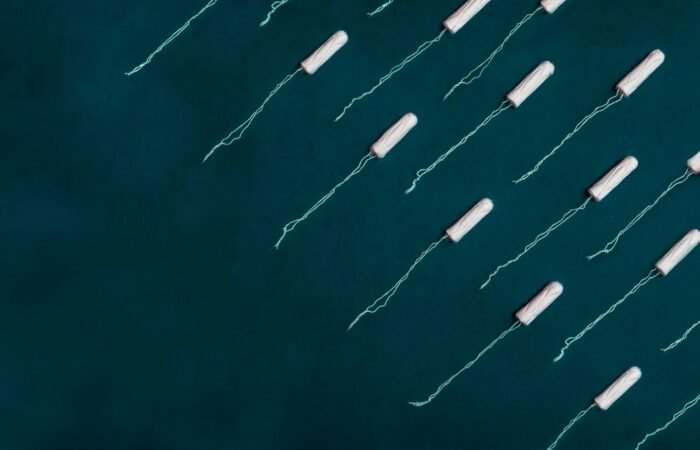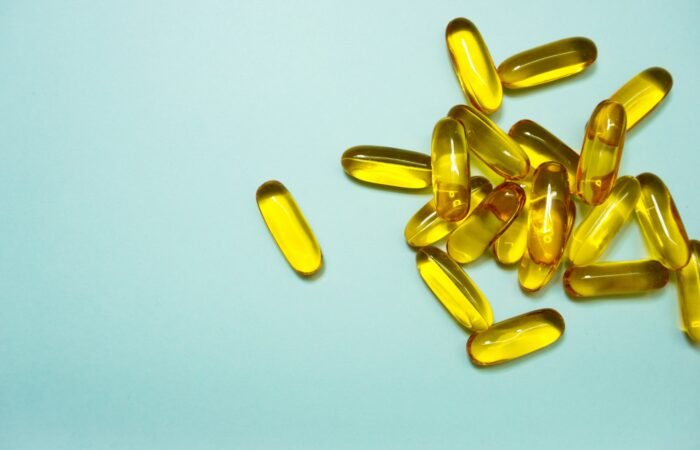
Menstrual irregularities are more than just an inconvenience—they can signal an underlying issue that your body is trying to communicate. One of the often-overlooked contributors to erratic menstrual cycles is low iron. This brings us to a crucial question: Can low iron cause irregular periods?
The answer is yes, low iron levels can impact hormonal function, ovulation, and overall reproductive health, leading to cycle disruptions. In this article, we’ll explore the connection between iron and menstruation, what symptoms to look out for, and how to correct low iron naturally.
What Is Low Iron?
Low iron occurs when the body doesn’t have enough of this vital mineral to support normal functions. Iron is essential for the production of hemoglobin, the protein in red blood cells that carries oxygen. When iron levels drop below the required threshold, it can lead to iron deficiency, and in more severe cases, iron-deficiency anemia.
Common causes include:
- Heavy or prolonged menstrual bleeding
- Poor dietary intake
- Absorption issues (e.g., celiac disease, IBS)
- Frequent blood donation
- Pregnancy or postpartum depletion
Can Low Iron Cause Irregular Periods?
Yes, low iron can contribute to irregular periods, though it is often part of a more complex picture involving hormone regulation, nutritional status, and overall health.
Here’s how low iron can interfere with menstrual regularity:
- Disrupted Hormonal Balance : Iron plays a role in the function of enzymes that help synthesize reproductive hormones like estrogen and progesterone. A lack of iron may impair these processes, making it difficult for your body to maintain a consistent menstrual cycle.
- Impaired Ovulation : Ovulation is a hormonally controlled event. If iron levels are too low, the body may halt or delay ovulation, leading to missed or irregular periods. This is especially common in women with iron-deficiency anemia.
- Physiological Stress : When iron is low, the body enters a stress mode, conserving resources for vital organs. One of the first systems to be affected is the reproductive system. The body essentially deprioritizes fertility until nutritional status improves, often leading to skipped or delayed periods.
- Heavy Periods Create a Cycle : Iron loss due to heavy menstrual bleeding can itself be a cause of low iron. Then, the resulting iron deficiency can worsen hormonal imbalances, creating a cycle of heavy or erratic bleeding followed by prolonged gaps between periods.
Symptoms of Low Iron That May Accompany Irregular Periods
If your periods are irregular and you suspect iron might be a factor, look out for these symptoms:
- Constant fatigue
- Pale skin or dark circles
- Shortness of breath or dizziness
- Brittle nails or hair loss
- Cold hands and feet
- Restless leg syndrome
- Headaches or difficulty concentrating
These symptoms, coupled with menstrual irregularity, are a strong indication that you should get your iron levels checked.
How to Diagnose Low Iron
To determine if low iron is affecting your cycle, your doctor may recommend:
- Complete Blood Count (CBC)
- Serum ferritin test (measures stored iron)
- Serum iron and total iron-binding capacity (TIBC)
These tests help identify both early iron deficiency and more advanced anemia.
How to Correct Low Iron and Support Menstrual Health
Once diagnosed, addressing low iron can help regulate your cycle over time.
1. Dietary Changes
Increase intake of iron-rich foods:
- Heme Iron (easily absorbed):
- Red meat, poultry, fish, liver
- Non-Heme Iron (plant-based):
- Lentils, beans, spinach, tofu, quinoa, pumpkin seeds
- Tip: Pair non-heme iron sources with vitamin C-rich foods like citrus fruits or bell peppers to improve absorption.
- Iron Supplements
If food alone isn’t enough, your doctor may prescribe iron supplements. These are typically taken on an empty stomach for better absorption but may cause nausea or constipation in some individuals.
Never self-prescribe iron supplements, as too much iron can be harmful.
- Address Underlying Conditions
If your low iron is caused by heavy bleeding, fibroids, PCOS, or digestive disorders, addressing the root issue is essential for long-term balance.
- Track Your Cycle
Use a period tracker to monitor changes in flow, duration, and cycle length. This information helps identify patterns and shows if iron therapy is working.
When to See a Doctor
Consult your healthcare provider if you experience:
- Irregular periods lasting longer than 3 months
- Unusually heavy or prolonged menstrual bleeding
- Constant fatigue or weakness
- Symptoms of anemia
- Shortness of breath with light activity
Timely diagnosis and intervention can prevent complications like severe anemia, infertility, or chronic hormonal imbalance.
Final Thoughts: Can Low Iron Cause Irregular Periods?
Yes, low iron can cause irregular periods, especially when levels drop to the point of affecting hormone function and ovulation. While not always the sole cause, it’s a critical piece of the puzzle for many women dealing with cycle disturbances. The good news is that iron deficiency is both treatable and reversible with the right nutrition, supplementation, and medical support.
Understanding the link between iron and menstrual health empowers women to take proactive steps toward a more balanced and predictable cycle.
Summary
- Low iron can contribute to irregular periods by affecting hormone balance and ovulation
- Heavy periods can cause and worsen iron deficiency, creating a cycle
- Symptoms include fatigue, dizziness, pale skin, and cognitive fog
- Dietary changes and iron supplements can help restore balance
- Always consult a healthcare provider for proper testing and treatment
Subscribe To Get Update Latest Blog Post
No Credit Card Required









Leave Your Comment: